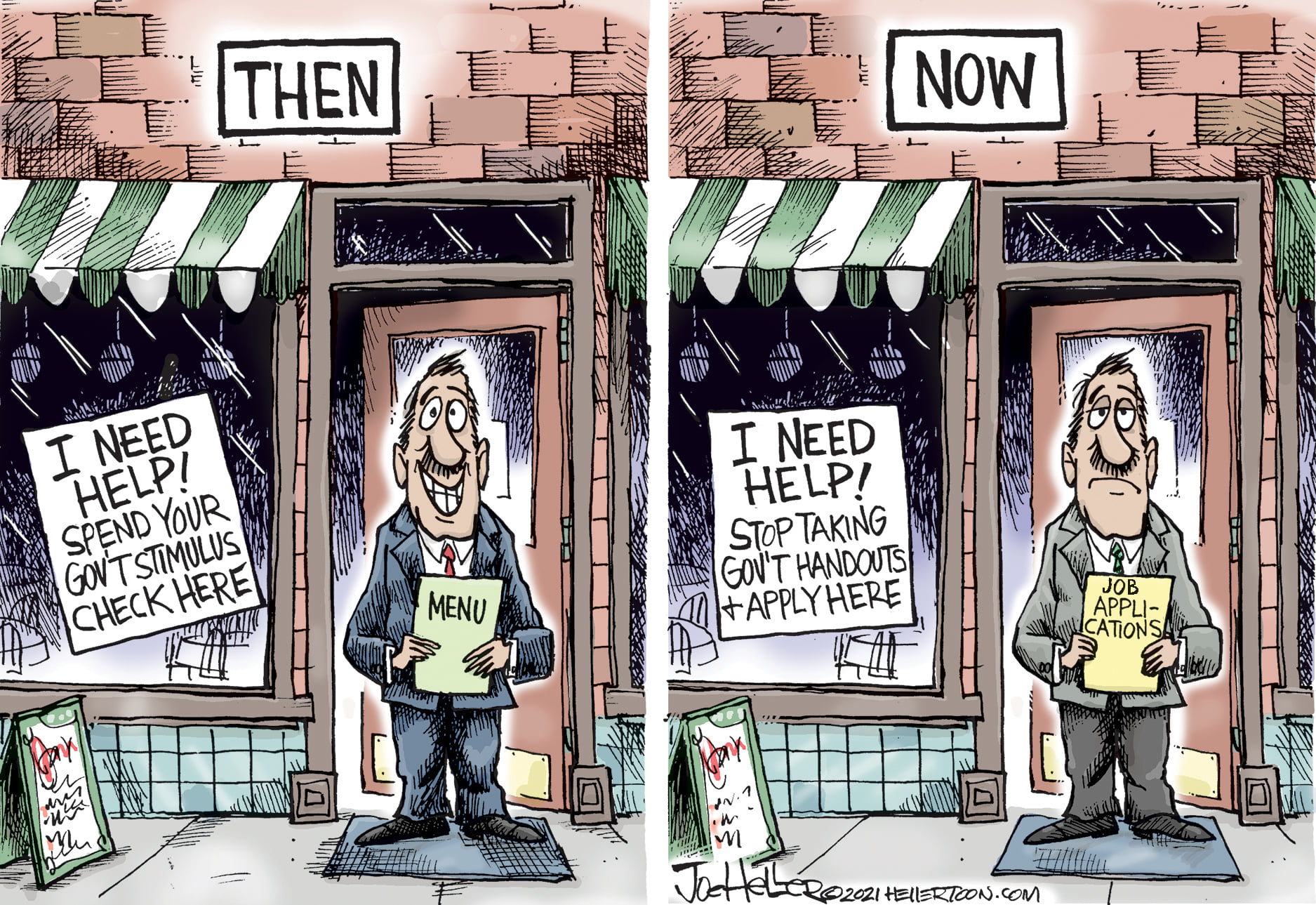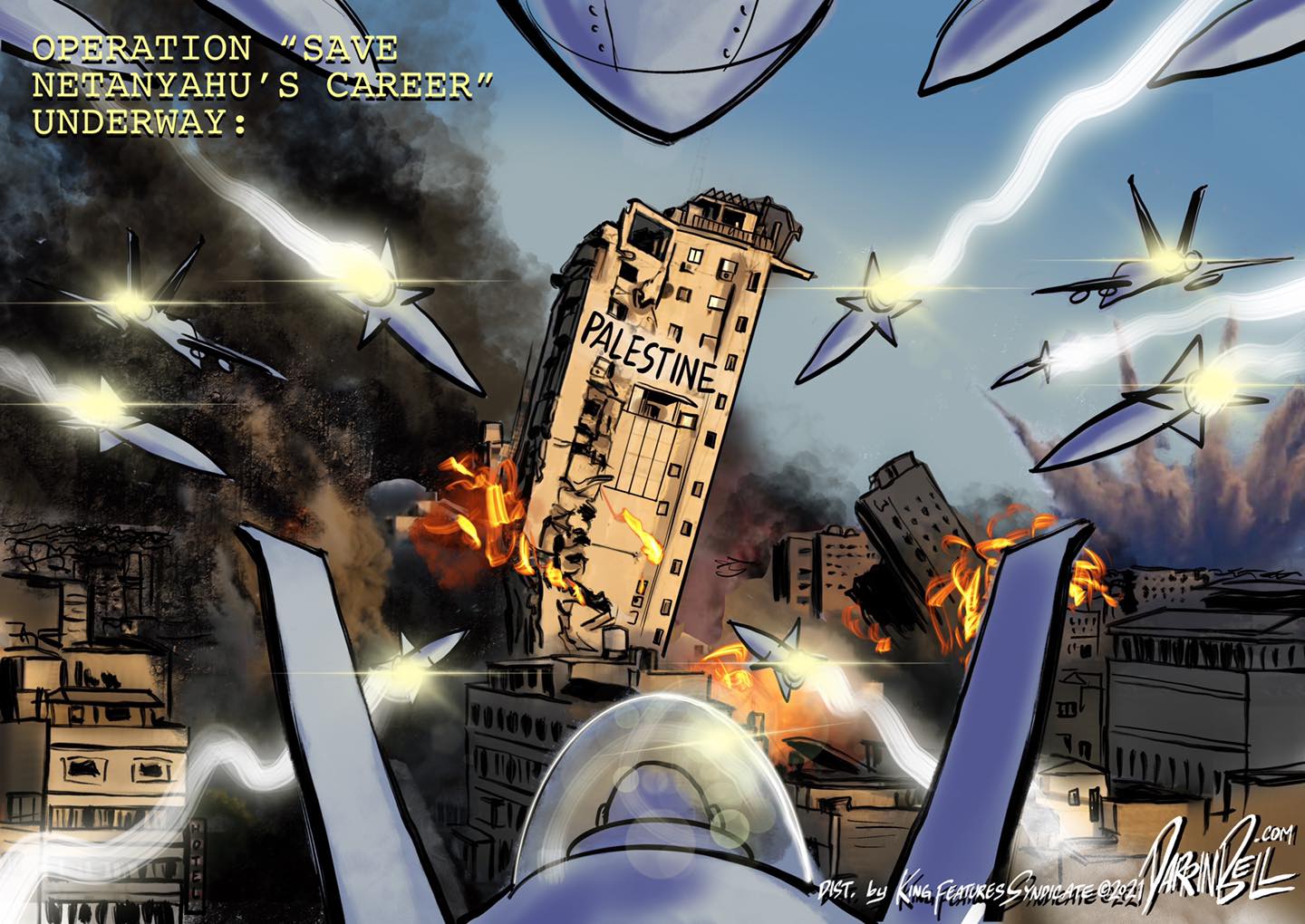The Daily Escape:

Sunrise, Outer Banks, NC – November 2023 photo by Stephen P. Szymanski
Sometimes a friend, a family member or a neighbor asks you to help them solve a problem. You go along, thinking that you’ll be able to help out, only to suddenly find you’re deeply involved in something that could easily become either a reputation killer, or possibly even life-threatening to you.
And after five weeks of intense bombing, this is where America sits with the Israel/Hamas war. Our friend has caused us to get badly stuck in something and it’s become very difficult to see how to get out of it.
First, all right-minded people should agree that what Hamas did on Oct. 7 was a war crime. And the taking of non-combatant Israeli hostages is also a violation of international law, as is Hamas using Palestinians as human shields.
Second, it is possible to be committed to Israel and to its right to defend itself while at the same time being critical of its response in Gaza and sympathetic to the Palestinian’s plight.
Third, (and what is the focus of this column), is how Israel’s war against Hamas in Gaza has become close to violating the rules of war. Israel has launched near-continuous airstrikes on the Gaza Strip. According to Barron’s since the onset of the war, Israeli attacks on targets within Gaza have destroyed or damaged 45% of all housing units in the Palestinian territory.
In addition, the Times of Israel acknowledges that a lot of Gazans have died since the October 7 terrorist attacks. It cites the “Hamas-run health ministry in Gaza,” while arguing that the numbers cannot be confirmed and likely include Hamas fighters and victims of misfired Hamas rockets. They still put the number of dead north of 11,000. But there’s also allegedly 26,000 who have been injured and more than 3,000 that are missing. That adds up to 40,000.
The CIA estimates that Gaza began 2023 with a population of 2,098,389, so the total casualties (including the missing) in Gaza are about 2% of the population. And nearly a million people have had their homes damaged or destroyed so far. And the United Nations Relief and Works Agency (UNRWA) estimates that 70% have been displaced from their homes.
The systematic bombardment of housing and infrastructure is prohibited under international law. You can’t destroy 45% of the housing units of a population of 2 million people in five weeks and argue that you are doing all you can to avoid harming civilians.
Indiscriminate bombing of cities became an issue before WWII. Concern about “ruthless bombing of civilians” began with the Japanese bombing of Shanghai in 1932, and the bombing of Barcelona and Guernica in Spain by Italian and German fascists in 1937-38.
An important review of the historical background to the law against bombing cities is in the late Daniel Ellsworth’s excellent 2017 book, “The Doomsday Machine” (TDM). Ellsworth says that the need for rule-making became clear after the German Blitz of London in 1940. That led to the US and Britain secretly adopting Hitler’s tactics. The actions of the three belligerents obliterated the distinction between bombing combatants and civilians for the rest of WWII.
Citizens in the opponent’s country were considered legitimate targets because they were contributing in some way to their country’s war effort. This led to the moral justification that it was better to kill civilians in order to get the war over quickly. After that, bomber attacks exclusively aimed at exterminating German population centers was accepted by Churchill: (TDM, p.239)
“This is the way to pay them back; it’s legitimate for us to do so, and in fact it’s virtually obligatory for us to do so….”
The near-exact words were spoken by Biden, Blinken and Netanyahu after Oct. 7. But even in WWII, there wasn’t true proportionality. From TDM: (pg. 245)
“For every ton of bombs dropped on England in the nine months of the Blitz, England and the US…dropped a hundred tons of bombs on German cities…”
And more than 500,000 Germans were killed.
In 1949, a series of treaties governing the laws of war were adopted. The Geneva Conventions and specifically the Fourth Geneva Convention attempted to create legal defenses for civilians in war, but it wasn’t explicit about bombardment.
In 1977, Protocol I was adopted as an amendment to the Geneva Conventions, prohibiting the deliberate or indiscriminate attack on civilians, even if the area contained military targets. But Protocol I also says that locating military objectives near civilians “shall not release the Parties to the conflict from their legal obligations with respect to the civilian population and civilians“.
This has always been honored in the breach.
Aerial operations are supposed to comply with the principles of: military necessity, distinction, and proportionality. An attack or action must be intended to aid the military defeat of the enemy. It must be an attack on a military objective, and the harm caused to civilians or civilian property must be proportional and not excessive in relation to the concrete and direct military advantage anticipated. But proportionality doesn’t hinge only on absolute casualty counts but on how harm to civilian lives and infrastructure is weighed against expected military gains.
That means theoretically, a lot of suffering is permissible.
Under the law of war, Israel’s proportionality calculation must take account of the civilian casualties its air strikes and ground invasion are causing. But Israel has in the past interpreted the rules to exclude damage to apartment buildings if terrorists occupy them.
Israel and America also believe that civilians who voluntarily serve as human shields are participants, not bystanders. But, how to tell the difference? Israeli officials say they have no choice: Hamas fighters are embedded within Gaza’s population and store weapons in and under civilian sites. They also say it’s impossible to defeat its enemy without killing innocents — a lesson that Americans learned at Hiroshima, Falluja and Mosul.
The NYT reports that during Blinken’s visits to Israel after Oct. 7, Israeli officials privately invoked the 1945 atomic bombings of Hiroshima and Nagasaki. They quoted Mark Regev, an Israeli government spokesman:
“In any combat situation, like when the US was leading a coalition to get ISIS out of Mosul, there were civilian casualties….[and] that Israel’s “ratio” of Hamas fighters to civilians killed “compares very well to NATO and other Western forces” in past military campaigns”.
When all you have for an argument is that your friend has done worse, you’re in serious trouble. Regev’s statement is also impossible to verify. US military officials have discussed the lessons learned from the battles in Iraq and in Raqqa, (the ISIS headquarters in Syria) with Israel.
Israel isn’t exempt from learning from the past and applying the lessons to their current urban warfare. And this is coming from an ally that receives $ billions in US aid every year. Israel is obviously willing to use any justification to continue its destruction in Gaza.
It’s clear that Israel is following a deliberate policy of wrecking Gaza’s infrastructure and buildings. Netanyahu said on October 7 that the IDF would turn parts of Gaza’s densely populated urban centers “into rubble.” On October 10, Maj. Gen. Ghassan Alian, the Israeli Army’s coordinator of government activities in the territories, stated “There will be no electricity and no water. There will only be destruction. You wanted hell, you will get hell.”
That gives context to the fact that almost half of the housing in Gaza has been damaged or destroyed since October 7.
Gaza is now well beyond a long and expensive reconstruction process. It’s approaching the point where Gaza is becoming a place where human beings will find it difficult to exist. It’s true that Hamas is also culpable; they’ve brought this upon their own people. They continue to hold the hostages, and that provides Israel with justification for fighting in the heart of Gaza, including near its hospitals.
If Hamas cared about their own people, they would do something to stop it.
The point is that these disproportionate attacks should make it clear that the US needs to find a way to stop blindly taking Israel’s side. We should not be making excuses for Israel’s targeting of civilian populations. Figuring out what we should be doing is urgent, since our current posture isn’t benefiting the US, while it is benefiting our many adversaries in the ME.
The world thinks that the US has leverage over Israel, but as this war shows, we do not. We’re joined at the hip, and no other two countries have had a closer relationship. And when the war broke out on October 7, Biden made it very clear we would give Israel whatever aid it needed, that we would support Israel to the hilt. And we’ve done that.
But, Israel rebuffed Biden’s efforts to talk Israel into arranging “humanitarian pauses” until world opinion started to turn against Netanyahu. CNN and others reported that Israel has finally agreed to move forward with four-hour pauses of military operations in Northern Gaza. We’ll see how that goes.
But should America sacrifice any more of what shreds remain of our moral standing in the world to cooperate with Israel in what seems about to become massive civilian slaughter? Even if Israel’s war efforts are justifiable, their actions are making Gaza uninhabitable.
And when the smoke clears, and much of Gaza’s population has moved south, will Israel allow them return to sit amongst the rubble that remains?
Finally, Israel may be doing exactly what Hamas hoped. It is radicalizing many Palestinians. It isn’t difficult to imagine that if you lived in Gaza and saw Israel’s bombs kill most of your family, you might be willing to walk a bomb into a pizza parlor in Tel Aviv after a ceasefire. If you’re going to live like a dog for the rest of your life, at least you could gain a modicum of revenge by taking a few Israelis along with you.
Time to wake up America! Israel is telling the world that it will stop at nothing to re-establish the security of its borders, even down to the last Palestinian. While the IDF tells us it is following the laws of war, Netanyahu is showing us that his strategy is to make his Middle East adversaries think that no one can out crazy Israel. Israel’s willing to do this even if it has to defy the rest of the world and even if it doesn’t have a plan for returning Gaza to the Palestinians on the morning after the war.
To help you wake up, watch and listen to U2’s 2001 hit “Stuck In A Moment That You Can’t Get Out Of”. Bono wrote the lyrics about the suicide of his close friend Michael Hutchence, lead singer of the band INXS. The song is an argument against suicide in which Bono tries to convince Hutchence of the act’s foolishness.
We also should see the foolishness of total war even against a terrible enemy. It could turn out to be suicide:
(This is Wrongo’s longest column ever. If you’ve read this far, thank you for your interest!)


















